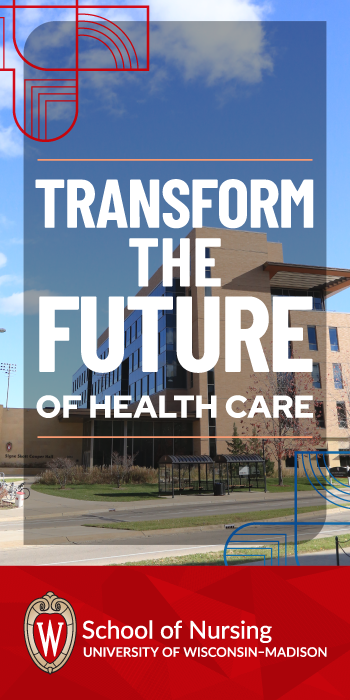Launch Your Nursing Career in Wisconsin
It’s a great time to become a nurse. Nursing workforce experts are predicting an estimated shortage by 2020 due to increasing, aging and diverse populations that need more care along with dramatic changes in healthcare.
Academic institutions in our state offer a wide variety of nursing education programs. Three national organizations accredit nursing education programs: The National League for Nursing Accrediting Commission (NLNAC), the Commission on Collegiate Nursing Education (CCNE), and the Accreditation Commission for Education in Nursing, (ACEN). See the ANEW website for current information on WI nursing programs and schools.
Accredited schools in Wisconsin cover a wide range programs throughout the state from rural to urban to virtual campuses. They offer Bachelor of Science Degree Nursing, Associate Degree, and Licensed Practical Nursing programs. There are also numerous BSN completion programs to advance those having earlier degrees to the baccalaureate level. If you have already earned an undergraduate degree in another subject area, accelerated programs can shorten length of study time to earn an additional degree in the field of nursing. Nurses can also become certified in in specialty areas as an added measure of clinical competence.
Advanced degrees such as Master’s, and Doctoral programs are also readily available and prepare the student for work in administration, advanced nursing practice, education and research. Advance Practice Nurses (APN) include Nurse Practitioners, Nurse Midwives, Nurse Anesthetists and a somewhat new role, the Doctor of Nursing Practice (DNP). Nurses who advance their education to become prepared to teaching nursing as faculty in schools of nursing are especially needed to ensure the future workforce in our state.
Less than half of nurses registered in Wisconsin practice in acute care settings and many opportunities exist outside of hospitals. Challenging positions are available in community settings such as public health, home care, long-term care, occupational health, schools and many other diverse settings in both rural and urban areas.
Wisconsin Department of Safety and Professional Services
Published 2024 NCLEX Pass Rates
See a Wisconsin nursing school’s recent pass rate.




